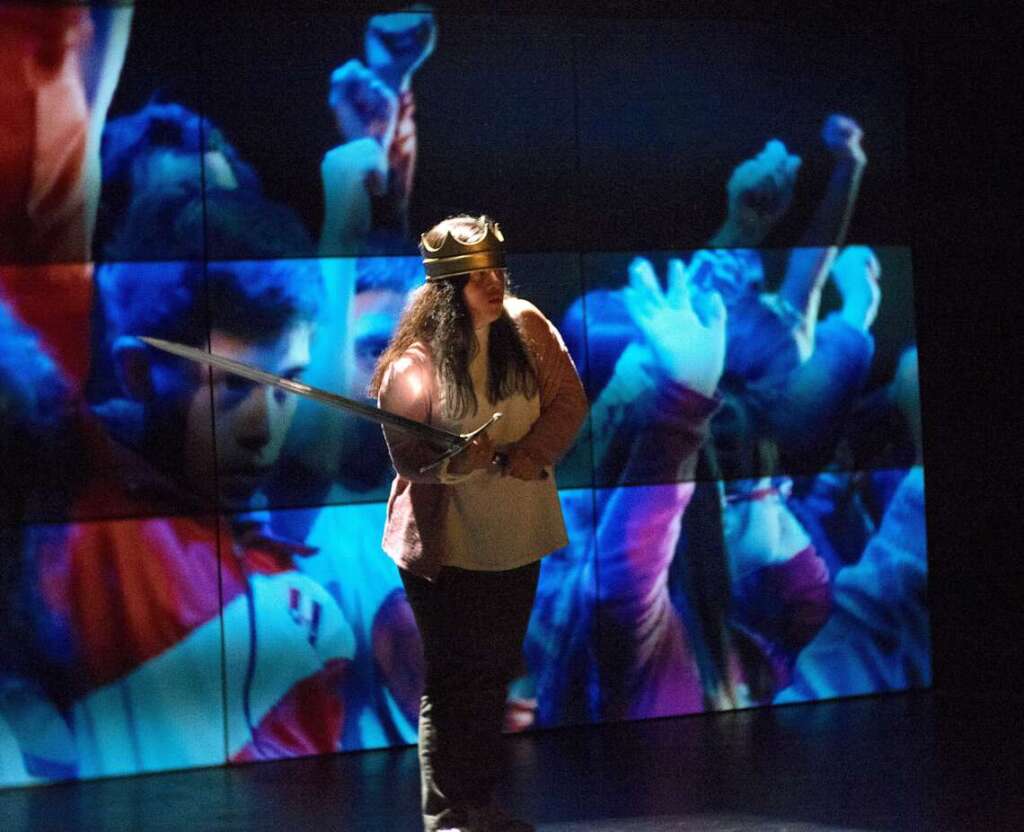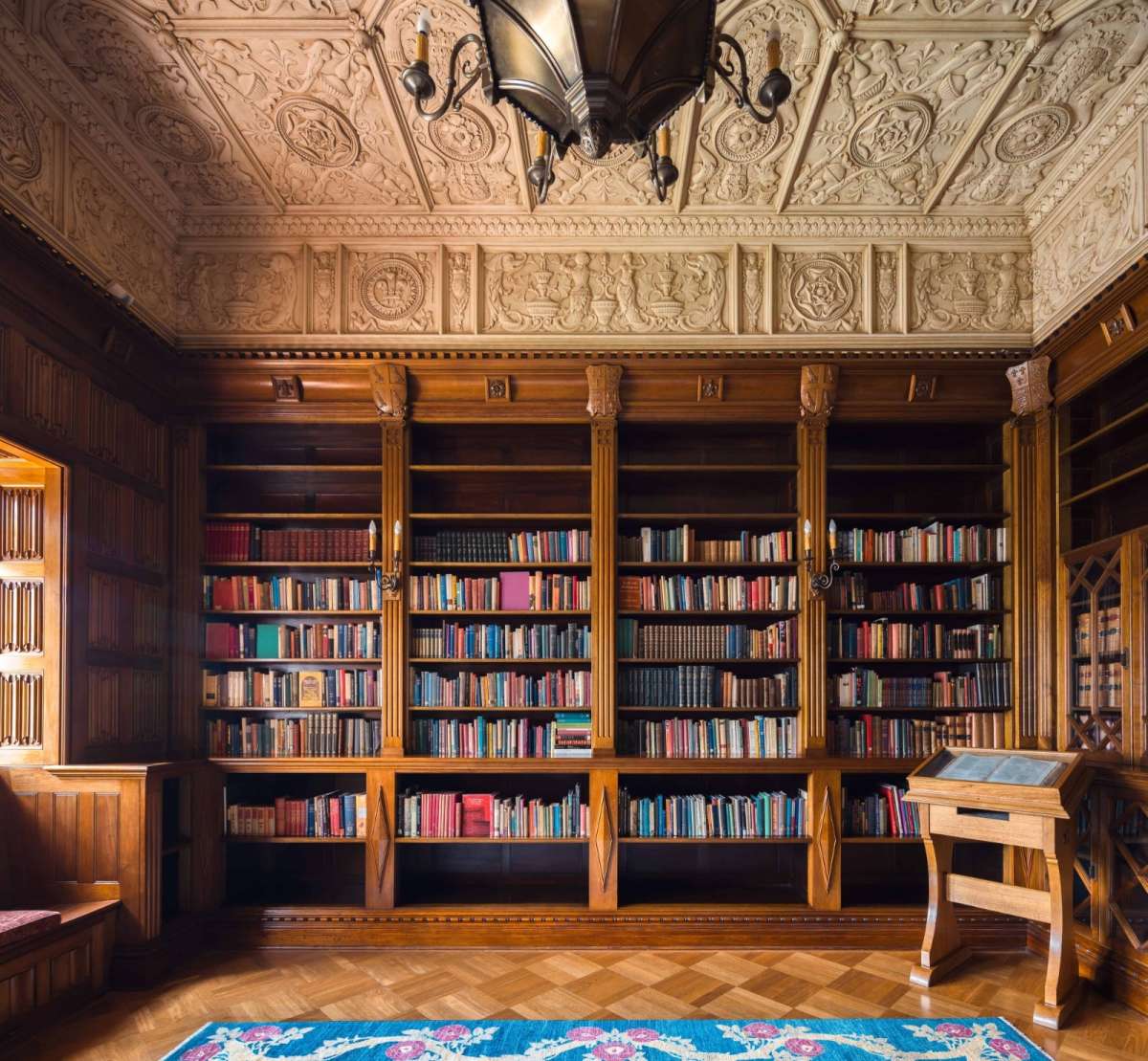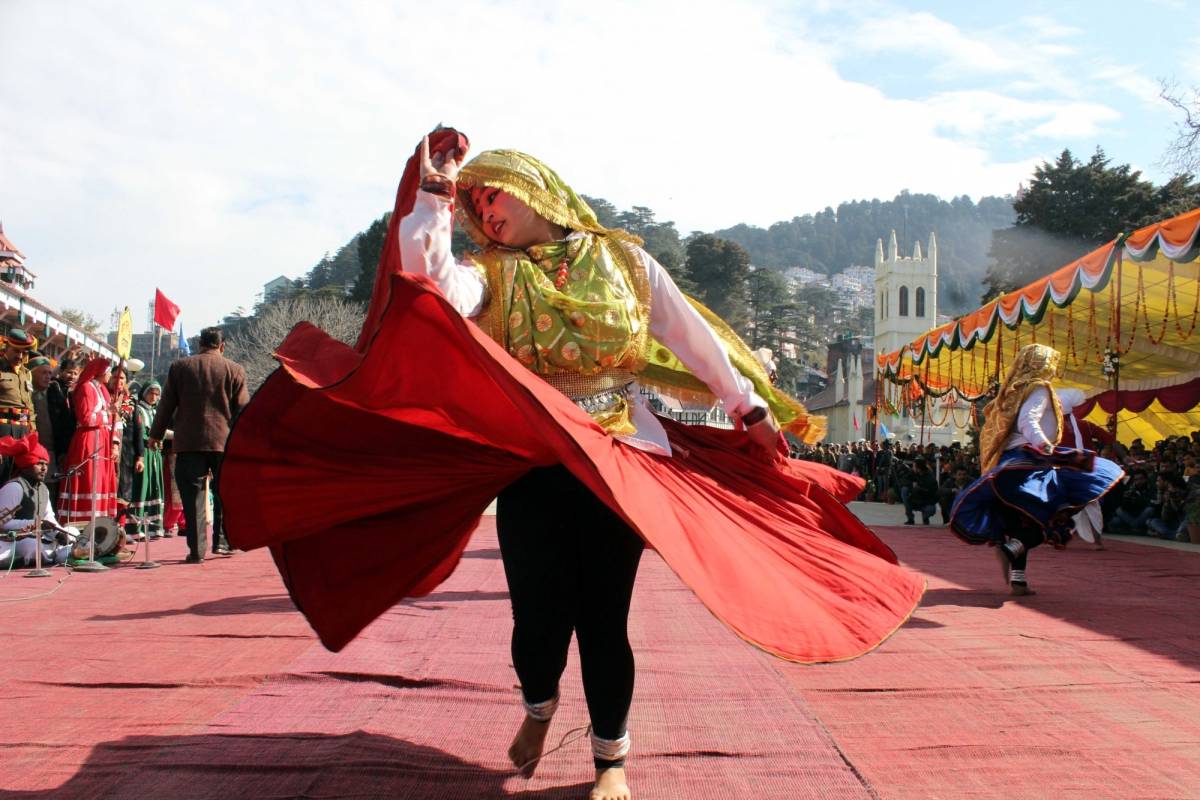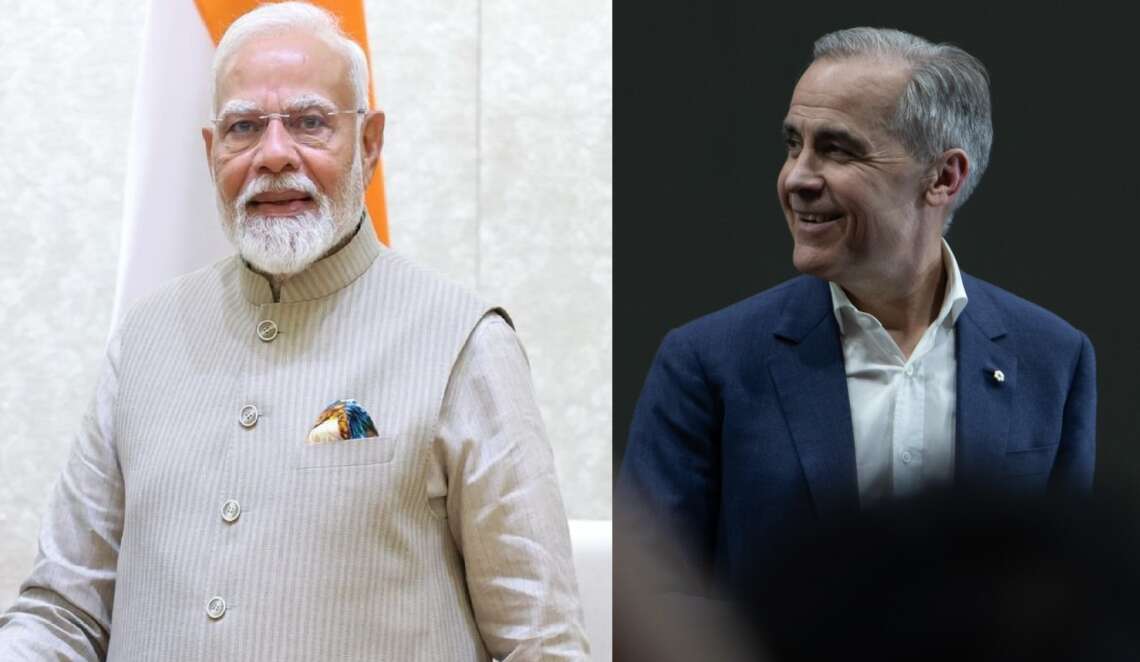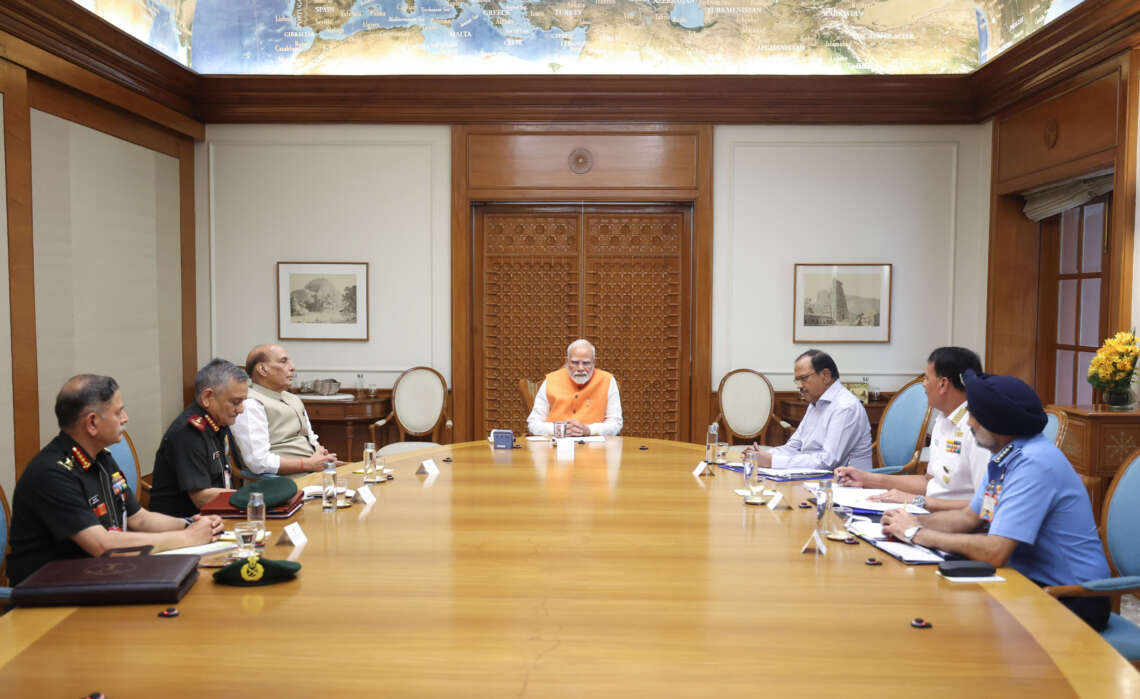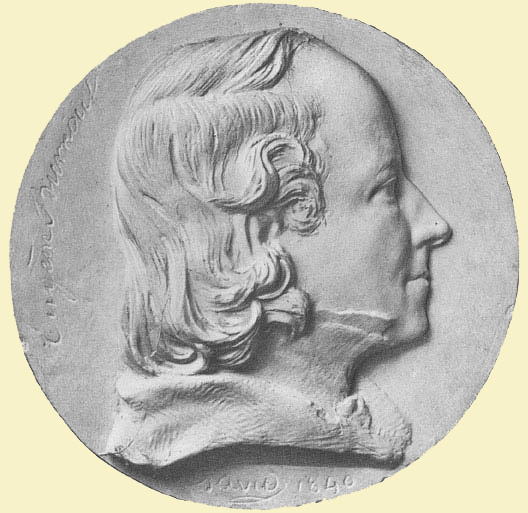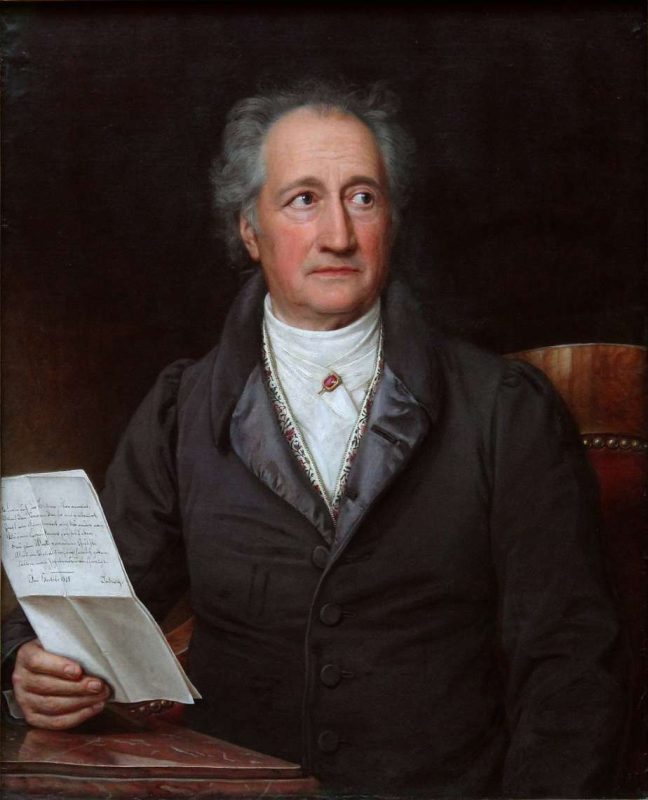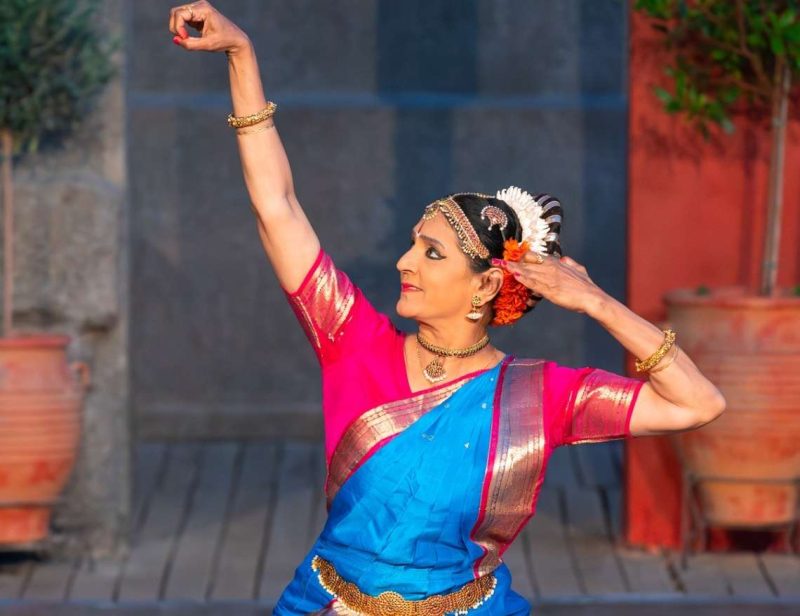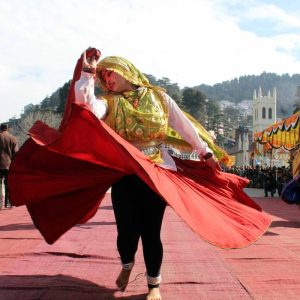Young Peruvian cast with Down syndrome share their timely message of inclusion and diversity with the world through a playful and defiant reimagining of Hamlet. Teatro La Plaza’s Hamlet at the Barbican Theatre delivered a powerful and inclusive reinterpretation of Shakespeare’s classic. Performed in Spanish with English subtitles, the production had actors blending personal narratives with the original text to explore themes of identity and societal inclusion. The immersive staging, incorporating multimedia elements and audience interaction, transformed the traditional tragedy into a vibrant celebration of community and resilience.
This premiere production’s raw energy and inventive use of space redefined Shakespeare’s classic with striking immediacy. Its powerful messaging resonated deeply, leaving a lasting impact. A feature by columnist Riccha Grrover for Asian Lite International.
Following a sell-out run at the Edinburgh International Festival last year and fresh from a triumphant opening at the Chicago Shakespeare Theater, Teatro La Plaza made their London debut at the Barbican Theatre this spring with their joyful and defiant reimagining of Hamlet. Breathing new life into Shakespeare’s classic tragedy, the groundbreaking company visit the capital as part of an unprecedented world tour by a Peruvian theatre company spanning five continents, 37 cities and counting. They are the first Peruvian company to perform in the Barbican Theatre in its 43-year history of showcasing the world’s most exciting international artists, and the run will be followed by performances at Brighton Festival (9-11 May 2025) before the next dates coming up in East Asia and Australia.
The critically acclaimed production from visionary director and writer Chela De Ferrari is inspired by the famous monologue ‘To Be or Not To Be’ and performed by eight dynamic actors with Down syndrome. The charismatic ensemble now take centre stage, when historically people living with Down syndrome have been relegated to the background.
Rather than a window into the world of one young prince, De Ferrari’s interpretation of the Elizabethan play vibrantly celebrates community and resilience, fearlessly challenging wider societal prejudices and discrimination. De Ferrari stays true to the spirit of the original while finding new meaning in the 21st century, exploring what it’s like to exist in a world that often excludes difference. Told with playfulness, humour and fighting spirit, the enchanting production weaves together a freely adapted version of the classical text with the desires and frustrations of the eight performers, who each tell their story through compelling words, protest songs, rap, physical comedy, video design, or soaring choreography.

The innovative approach to this production began with a conversation between Jaime Cruz, who had been working for years as an usher at the Teatro La Plaza in Lima, and its artistic director, De Ferrari, who had been searching for a suitable actor to star in a new production of Hamlet. When Cruz spoke passionately of his great ambition to act on that very stage, De Ferrari saw an opportunity to find a whole new meaning to the play.
Far from the usual time constraints of a few weeks’ rehearsals, she embarked on a deeply considered process that took over a year. De Ferrari and cast developed this uniquely democratic adaptation with a whole company of actors with Down syndrome and dramaturgical support from a team of associate playwrights and directors.
Director Chela De Ferrari said: “This production reminds us that the stage — like the world — should not be reserved for a few but must reflect the full spectrum of who we are. Shakespeare’s plays continue to resonate because they are full of political tension, with a complexity that speaks directly to our current moment. We are living in a time when authoritarian discourses are creating division and promoting fear. These ideologies often rely on the exclusion or erasure of those seen as ‘different’ — whether due to disability, race, gender identity, or migration status. In that context, giving the stage to actors with Down syndrome is not just an artistic choice; it’s an act of resistance against the idea that only certain voices deserve to be heard, or that complexity belongs only to the powerful or the ‘able.’
This version of Hamlet challenges and redefines our expectations of performance. Many of the things traditionally considered ‘flaws’ in acting — pronounced speech difficulties, stuttering, long pauses, even moments of blankness — become expressive tools in the actors’ hands. They offer us other ways of representing, other ways of being on stage. And in that shift, many people discover beauty in places they had never thought to look before. We are bringing a Hamlet to the Barbican that is both personal and universal. Sharing it with audiences in London is a dream, and we can’t wait.”
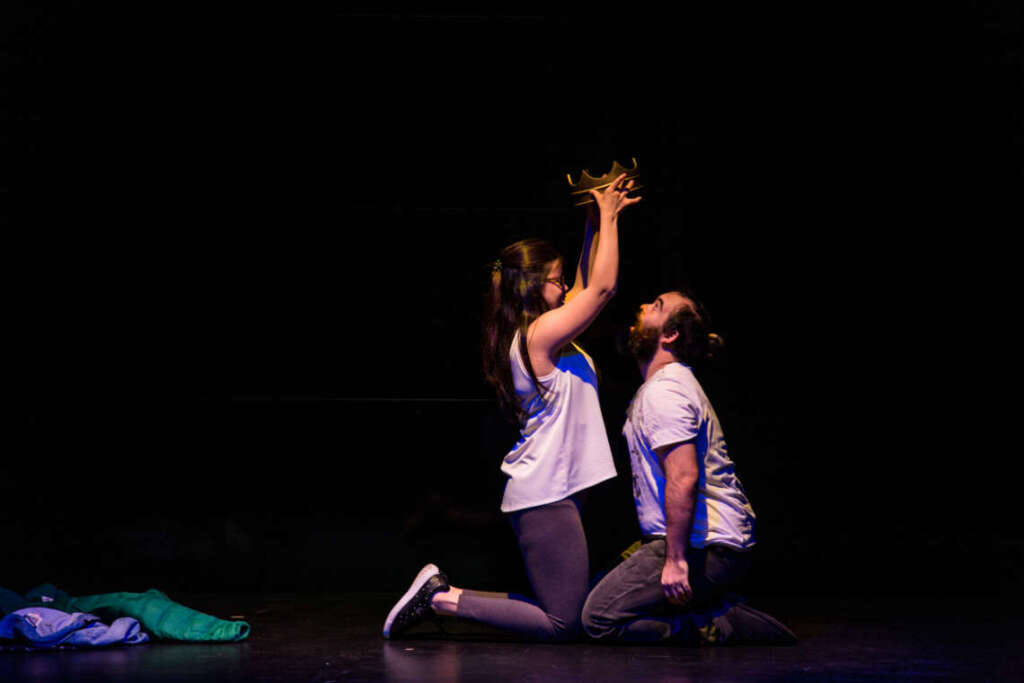
The cast of Hamlet said:”I am excited to share my stories with audiences all over the world because being an artist and being on stage is difficult, learning the monologues, the scripts. I am very happy to have been able to do it, I am achieving my goals and my dreams.” — Diana Gutierrez

“My life has changed a lot through working on this production because I’ve always wanted to be an actor and travel around the world. Now we’re touring and traveling.” — Álvaro Toledo
“Honestly, this experience has changed me in many ways. I’ve become more sociable. I’ve also learned not to be so stubborn. Hamlet has allowed me to meet wonderful people and given me a beautiful family that I feel happy to be a part of.” — Octavio Bernaza
“Sharing my stories with international audiences is a unique experience. I feel that within their hearts, the stories move them. I feel they are going to love the personality of someone with Down syndrome.” — Ximena Rodríguez

“I am super excited to perform at the Barbican Theatre because it’s one of the most important theatres in the world. And it’s in London, where the incredible playwright Shakespeare was.” — Cristina León Barandiarán


Toni Racklin, Barbican Head of Theatre & Dance, said: “We are delighted to share this captivating production with London for the first time. For many years, we have presented visionary artists from around the world and wondrous adaptations of Shakespeare’s classics in our Theatre. In the search for unforgettable experiences for our audiences, we look to ground-breaking companies like Teatro La Plaza to open up new perspectives on the turbulent world around us. In this Hamlet, a resounding celebration of life that is brilliantly clever, powerfully moving and unexpectedly funny, the company uncovers rarely explored pathways through the bard’s timeless search for self and soul.”

Peruvian-born Chela De Ferrari founded Teatro La Plaza in Lima in 2003, to connect with its community through theatre that questions, provokes and surprises. The company has since produced over 170 plays and is known for pushing boundaries and creating bold new versions of Shakespearean dramas as well as new Peruvian writing. The world premiere of Hamlet was presented at the Teatro La Plaza in 2019.

The company have since been invited to perform Hamlet at over 40 major venues and international festivals from Barcelona to São Paulo, Hong Kong to Melbourne, New York to Edinburgh (EIF 2024, winning the inaugural Bestie Award for Inclusivity). After the UK, the world tour continues to cities including Taiwan, Seoul, and Toronto.
About the Barbican: The Barbican is a catalyst for creativity, sparking possibilities for artists, audiences, and communities. They showcase the most exciting art from around the world, pushing traditional artistic boundaries to entertain and inspire millions of people, create connections, provoke debate, and reflect the world we live in. They are an international arts and events centre rooted firmly in their own neighbourhood, collaborating with local communities and putting the City of London on the map as a destination for everybody. Central to their purpose is supporting emerging talent and shaping opportunities that will accelerate the next generation of creatives.


As a not-for-profit, they rely on the generosity of individuals and organisations, including their principal funder the City of London Corporation. Every ticket purchased, donation made, and pound earned supports the arts and learning programme and enables the widest possible range of people to experience the joy of the arts. Opened in 1982, the Barbican is a unique and audacious building, recognised globally as an architectural icon. As well as theatres, galleries, concert halls and cinemas, they have a large conservatory with over 1,500 species of plants and trees, a library, conference facilities, public and community spaces, restaurants, bars, and a picturesque lakeside oasis.
